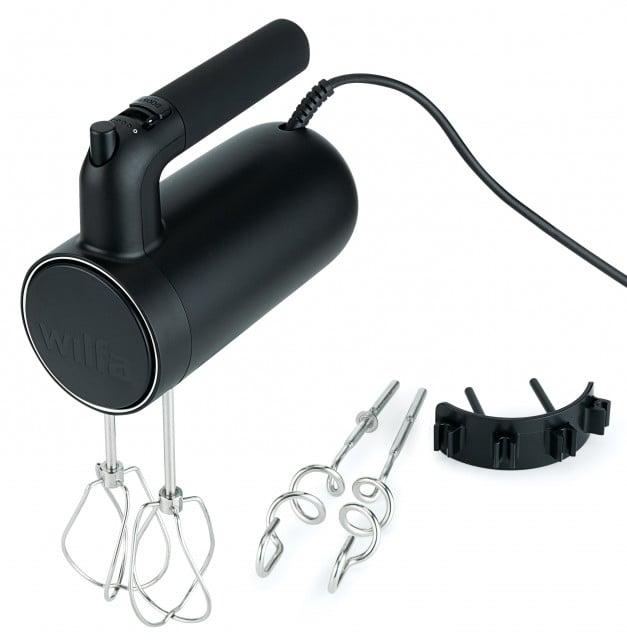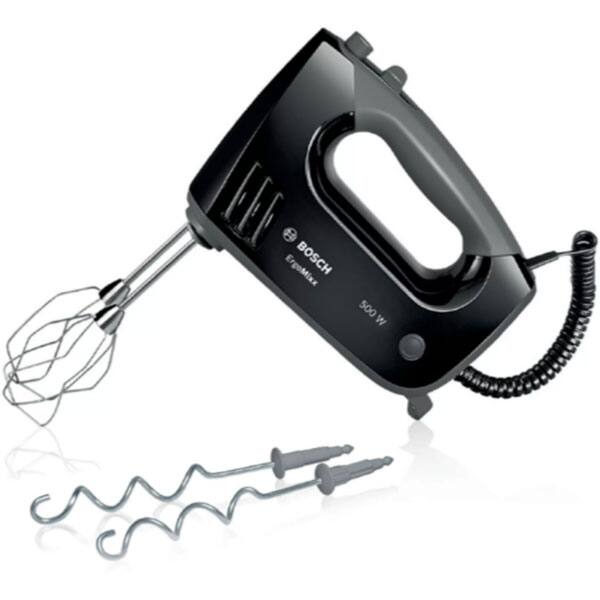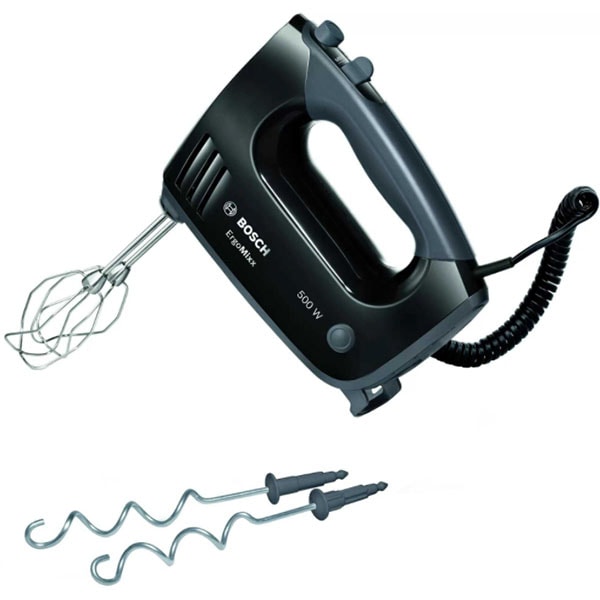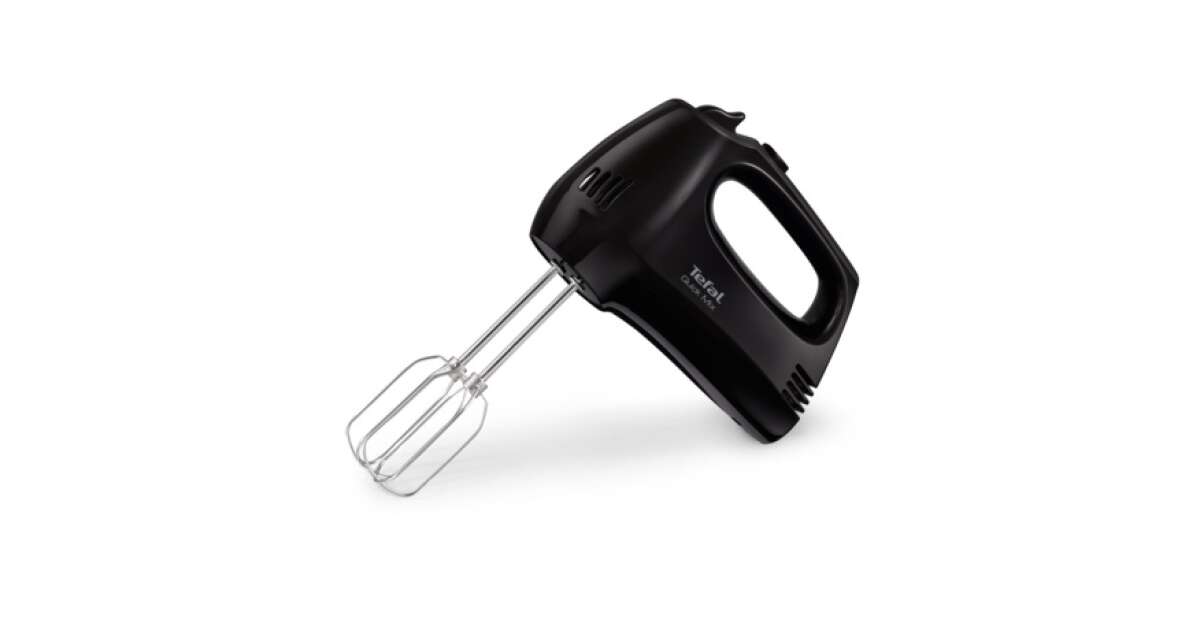
Mixer de mana MFQ40302, 500 W, 5 trepte de putere, Alb/Turcoaz - Mixer de mana MFQ40302, 500 W, 5 trepte de putere, Alb/Turcoaz - ForIT

Mixer de mana Tefal Prep'Mix HT462138, 500W, 5 viteze, Turbo, 2 accesorii pentru aluat, 2 teluri, alb - Doraly.ro

Mixer de mana Bosch MFQ4030, 500 W, 5 viteze, Super Silent, 2 teluri inox FineCreamer, Alb/Argintiu - eMAG.ro

Mixer de mana Braun HM3137WH, 500 W, 5 viteze + Turbo, Pahar gradat 0.6L, Tocator 0.5l, Picior pasator inox, 2 palete, 2 carlige, Alb/Gri - eMAG.ro

Mixer de mana ECG, 500 W, 10 viteze, functie Turbo, accesorii incluse RS5011 Ieftin, Vezi Pret | shopU
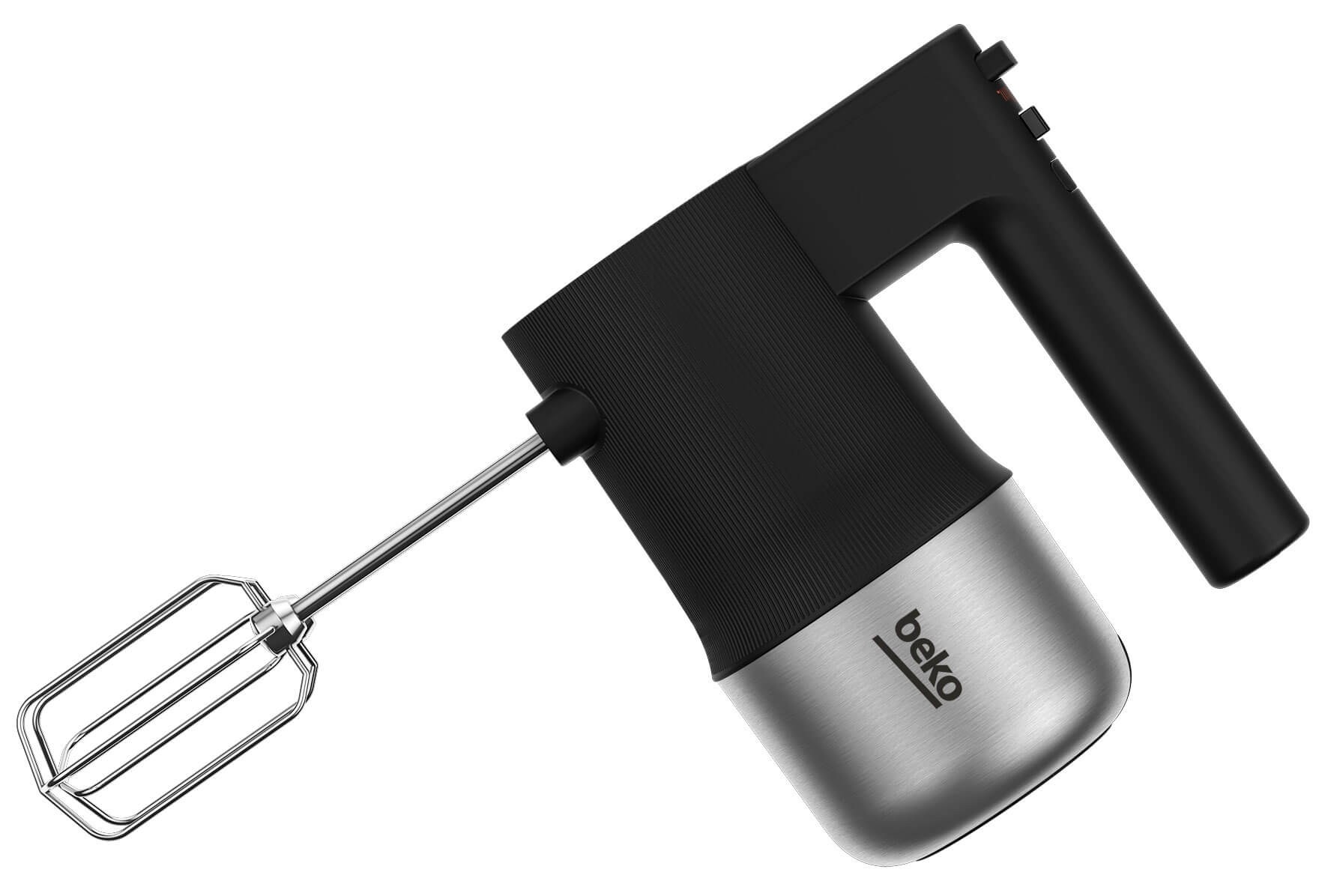
Mixer de mana Beko HMM81504BX, 500 W, 4 functii, Negru / Inox - Mixere - Pentru bucatarie - Electrocasnice mici

Dedeman Mixer de mana Samus SMX-500, 500 W, 5 trepte de viteza, functie Turbo, negru + gri, carlige framantare + teluri amestecare - Dedicat planurilor tale
